The first thing you need to know is…
Japanese cuisine is not known for being spicy.
In fact, that’s one of the most common Japanese food facts to know.
So, quite a bit of the foods on this Spicy Japanese Foods List will not be of Japanese origin… but adopted into the Japanese cuisine and enjoyed in Japan. Thus, if you wanted to know what spicy food Japanese enjoy and regularly eat… these would be it.
Ready?
1. Karashi
Karashi is Japanese mustard and it is significantly spicier than Western mustard! Western mustard typically adds other ingredients such as vinegar to dilute it making it more mild. Japanese people traditionally serve karashi as a condiment. It is especially popular with fried foods and with natto or fermented soybeans!
You can also find Japanese mustard on Amazon.
2. Mabo Tofu
This is a dish that originated from China but is now a part of Japanese cuisine. It can be cooked at home and you can also order it at Chinese-Japanese restaurants all over Japan. Although it is mild with its spiciness, you can also find spicy versions of mabo tofu!
3. Tantanmen
Tantanmen is another dish that has Chinese origins. It has a rich, spicy broth that is made from sesame paste, soy sauce, and spicy oil. Toppings include ground pork cooked with spicy seasoning. It is a typical ramen you may find at many ramen shops in Japan.
4. Yuzu Kosho
This is a unique Japanese condiment that uses yuzu, Japanese citrus fruit, zest, and peppers. It can feel spicy from the strong pepper flavors. It is a perfect condiment for a Japanese hot pot called shabu shabu and it also pairs well with grilled meats.
Check it out on Amazon:
5. Buta Kimchi
Kimchi originates in Korea but it has also become a big part of Japanese cuisine. It is a fermented cabbage made with hot chili peppers. Buta kimchi is a stir-fried dish you may find at many Japanese Izakayas or bars. It is made from stir-frying fatty pork belly with the sour fermented kimchi. This pairing minimizes the fattiness of the pork into an irresistible sour and spicy dish.
6. Japanese Curry Rice
This is one of the most loved foods on this list of spicy Japanese foods.
Compared with other curries around the world, Japanese curries are not too spicy and sweeter. The sauce is a lot thicker as well and it typically has beef cubes, carrots, potatoes, and onions. Although it is traditionally not that spicy, you can also find extremely spicy versions of Japanese curry. Many Japanese curry restaurants have different ratings on spicy levels that you can choose from along with spice challenges.
7. Spicy Miso Ramen
Spicy miso ramen can be found in many ramen shops around Japan. They will use miso paste which is a paste of fermented soybeans, and add some chili into the mixture. The rich miso and the spiciness from the chili match perfectly to make a delicious rich ramen.
8. Ebi Chili
This is a typical Japanese-Chinese dish where shrimp is stir-fried in a chili sauce. It is usually quite sweet and mild but can be made spicier depending on how you’d like it served. It is a homecooked as well as a Japanese-Chinese restaurant staple dish.
9. Mentaiko
Salted cod roe is a popular food in Japan and it is added to many things from rice balls, pasta, and even mixed with mayonnaise on bread. The spicy cod roe, or mentaiko, is a version of this that includes chili flakes in the salting process. It has a bold spicy umami flavor that tastes great in many dishes! You may even find this as a flavoring in snacks and potato chips.
10. Wasabi
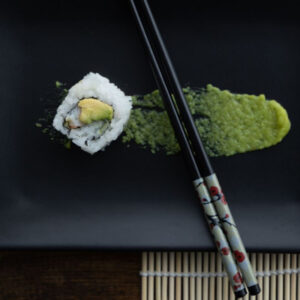
Wasabi may be the most known amongst spicy Japanese foods.
It has a unique spiciness that hits the nose. Japanese people use it in many dishes from sushi to rice snacks. Real authentic wasabi is extremely valuable and is much milder than the wasabi typically found in tubes or powders.
11. Shishito Pepper
The shishito pepper is a Japanese pepper that is mild with a pleasant bitterness. However, they do carry some heat depending on the pepper. If you’re used to spicy food you may not notice the spice very much. They are popularly grilled or fried into a tempura. They have a nice distinct bitter flavor that can be irresistible.
12. Ichimi Togarashi

In Japanese, “ichimi” means one flavor. This is a seasoning that only includes one flavor which is purely the dried hot pepper. You can sprinkle ichimi togarashi on top of udon noodles and yakitori, grilled chicken skewers, to add a little bit of heat.
13. Shichimi Togarashi

This is also a hot pepper seasoning but it uses seven ingredients or “shichimi” in Japanese. It uses dried hot pepper flakes and includes six other types of varying ingredients like sesame seeds and citrus peels. In Japan, you may find some traditional spice shops that will allow you to choose your custom mix for your shichimi togarashi, which can be a fun activity!
14. Sansho
This is a seasoning that is made from peppercorns that give a numbing spice effect. They are a traditional part of Japanese foods and are typically added to grilled eel for flavor. They can also be cooked together with small fish and soy sauce to make a side dish for rice called chirimen zansho.
15. Spicy Sushi Rolls
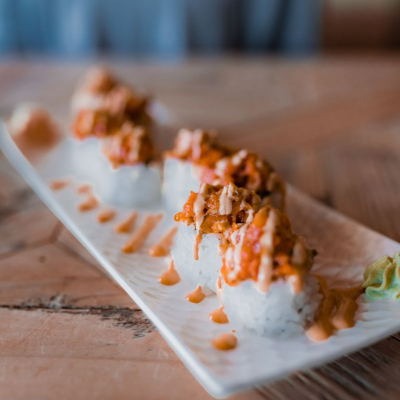
When Japanese sushi rolls started becoming popular in the U.S. and abroad, it became common to add spices like hot sauce to flavor the sushi. In Japan, spicy sushi rolls are not as common but Western influence is slowly starting to affect the local flavors as well. You might see spicy sushi rolls at conveyor belt sushi restaurants that are more open to serving innovative and experimental sushi.
You can learn more about Japanese sushi vs American sushi by clicking the link.
16. Shouga
At almost all sushi places, you will find pickled ginger served on the side. Shouga, or ginger, is an important ingredient for adding some spice to mild Japanese dishes. Along with pickling, you can also add ginger by grating it into dishes to give it a bold flavor. You’ll notice it in a typical Japanese diner food called shougayaki which is grilled pork with ginger.
Read This Last
Now you know a bit about the types of spicy Japanese foods…
Which one have you tried?
Which one is your favorite?
Leave a comment!
– Team IJ
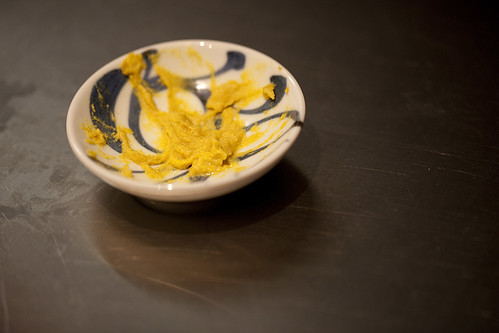
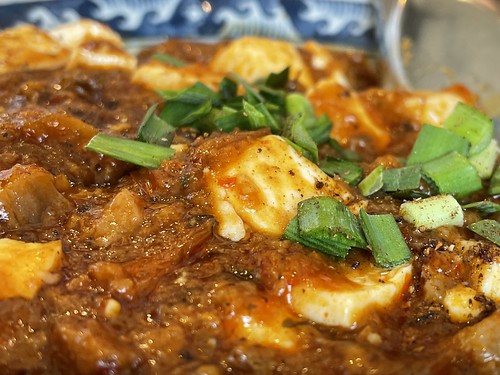
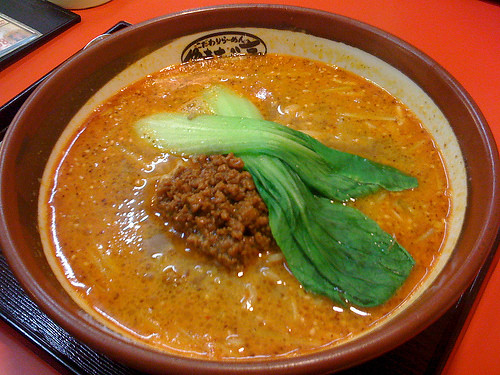


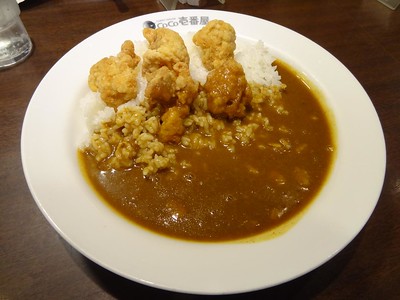



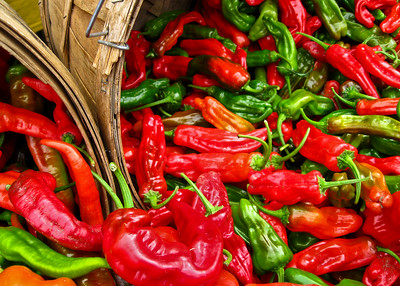
 click here to learn more
click here to learn more
